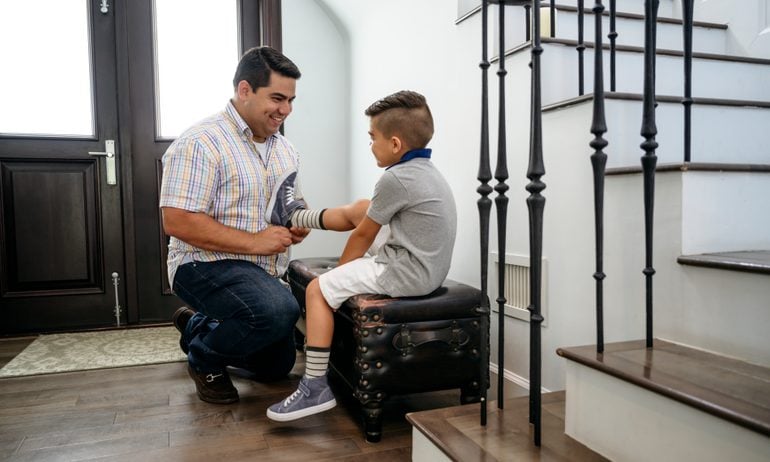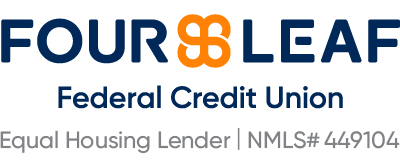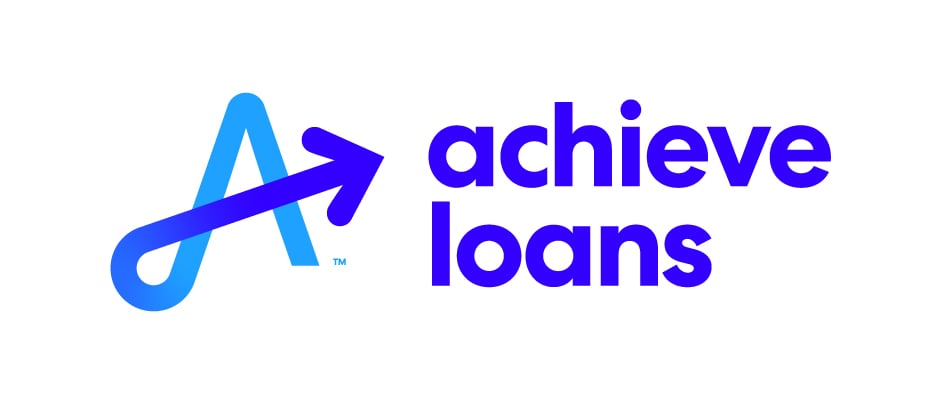What Is a Second Mortgage?

Some or all of the mortgage lenders featured on our site are advertising partners of NerdWallet, but this does not influence our evaluations, lender star ratings or the order in which lenders are listed on the page. Our opinions are our own. Here is a list of our partners.
Second mortgages are a way to turn your home equity into readily available funds without selling your house. Your home equity is the current value of your home, minus anything you owe.
Your home is likely your most valuable asset, and leveraging it can be a solid strategy to improve your finances — whether funding home improvements to increase your home’s worth or refinancing high-interest debt.
However, second mortgages aren’t for everyone. Just like with your first mortgage, missed payments can lead to foreclosure, so carefully review your financial situation before deciding if a second mortgage is right for you.
HELOC & Home Equity Loans from our partners

on FourLeaf Federal Credit Union
670
$1,000,000
on FourLeaf Federal Credit Union
How does a second mortgage work?
Taking out a second mortgage means you'll have an additional loan that's secured by your home, even though in most cases you haven’t yet paid off the first one. “Second mortgage” is really just an industry term, though — you can still get one even if you own your home outright.
Unlike a refinance, a second mortgage is a completely separate loan and does not alter your primary mortgage.
You'll make monthly payments on both your second mortgage and primary mortgage (if you have one) simultaneously, but in a worst-case scenario where you go into foreclosure or file for bankruptcy, the lender on your original mortgage would be paid off before any funds went to the lender holding the second mortgage.
Types of second mortgages
There are two main types of second mortgages you may encounter: home equity loans and HELOCs.
Home equity loans
A home equity loan is a type of second mortgage that provides you with a lump sum, which you repay at a fixed rate over a set term (usually 30 years). This type of loan can be ideal if you know exactly how much you need to borrow and prefer consistent, predictable payments.
HELOCs
A home equity line of credit, or HELOC, is an open line of credit that you can borrow from as needed, up to a set limit. Unless you go with a lender that offers a fixed-rate option, your interest rate will automatically be variable, meaning that it goes up and down with the market.
You typically have 10 years to draw from the line (called the “draw period”), during which time you’re only required to pay interest. After the draw period, you enter the repayment period, when you can’t take out any more money and have to pay both principal and interest.
This kind of loan may be a good choice if you’re not exactly sure how much you’ll need to borrow (for example, if you’re working on a series of renovation projects with a flexible budget). You’ll also need to be comfortable with payments that will change over time as rates move up and down, unless you’re willing to refinance your primary mortgage to pay off the HELOC.
How to qualify for a second mortgage
Exact requirements vary from lender to lender, but there are some standard minimums that you’ll have to meet in order to qualify with the widest range of lenders.
Home equity
First of all, you'll need sufficient home equity. To estimate your home equity, subtract the current mortgage balance from your home’s value — that’s the amount of your home that you truly own. Most lenders will allow you to borrow a maximum of 85% of the value of your home, minus what you owe (though some have higher or lower limits).
Credit score
A credit score of at least 640 is the typical minimum for a second mortgage. Lenders may ask for a higher score, especially if you're trying to borrow a large amount. A score north of 700 can also help you get a lower rate.
Other debts relative to your income
Just as with a primary mortgage, your debt-to-income ratio — how much of your monthly earnings goes toward monthly debt payments — should be less than 43% for a second mortgage. Lenders can require a lower DTI if they choose, however.
Second mortgages vs. refinancing
Besides getting a home equity loan or HELOC, there’s a third way to access your home’s equity: a cash-out refinance. This involves refinancing your primary mortgage to a larger loan than what you owe, allowing you to pocket the difference.
Cash-out refinances have a fixed interest rate, and typically have terms up to 30 years.
There are several reasons why you might prefer a cash-out refinance to a second mortgage. For one, if you’re able to get a lower interest rate than what you’re currently paying, a cash-out refinance would get you a better rate while also freeing up cash.
Another reason you may choose to go with a cash-out refinance is that you simply prefer to have one mortgage rather than multiple.
It’s also fairly common for borrowers with an existing second mortgage to get a cash-out refinance in order to pay it off, consolidating their debt into one loan with a fixed interest rate.
Pros and cons of second mortgages
A second mortgage won’t be your only financing option, and weighing the pros and cons can help you determine if it’s the right fit for you.
Pros
Interest rates are usually lower than what you’ll find with personal loans, credit cards or other kinds of unsecured debt.
Your primary mortgage stays the same.
You have a long timeline to pay off the loan (usually up to 30 years).
Cons
You could lose your home to foreclosure if you can’t keep up with monthly payments.
If you choose a variable-rate HELOC, the interest rate could end up being higher than what you can comfortably afford.
Interest rates are typically higher than on your primary mortgage.
How to get a second mortgage
Getting a second mortgage is fairly similar to getting a primary mortgage, though there are a few differences.
You won't have a real estate agent, and you won't need an inspection. You will, however, need a home appraisal, since the current value of your home plays a major role in determining how much you can borrow.
Here's an overview of the steps you'll take to get a second mortgage:
Calculate your approximate home equity and determine how much you want to borrow.
Gather documentation of your current income and debts.
Compare second mortgage lenders.
Apply for the second mortgage.
Review the disclosure documents. Verify that the terms are what you expected and that you can afford the second mortgage payments.
Provide any additional documentation needed for underwriting.
Close on the second mortgage.
HELOC & Home Equity Loans from our partners

on FourLeaf Federal Credit Union
670
$1,000,000
on FourLeaf Federal Credit Union
» MORE FOR CANADIAN READERS: How does a second mortgage work?






